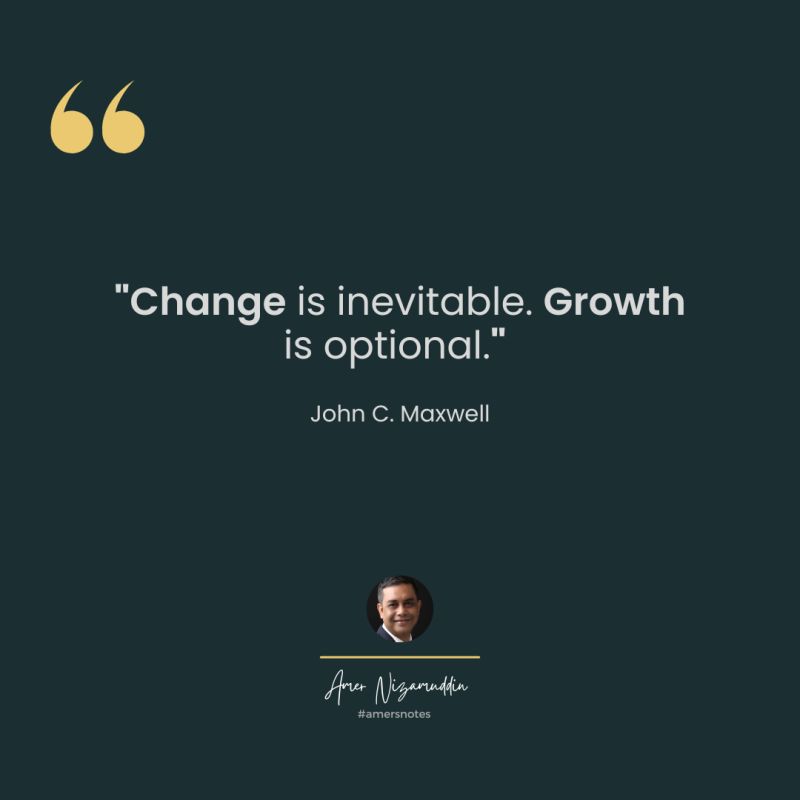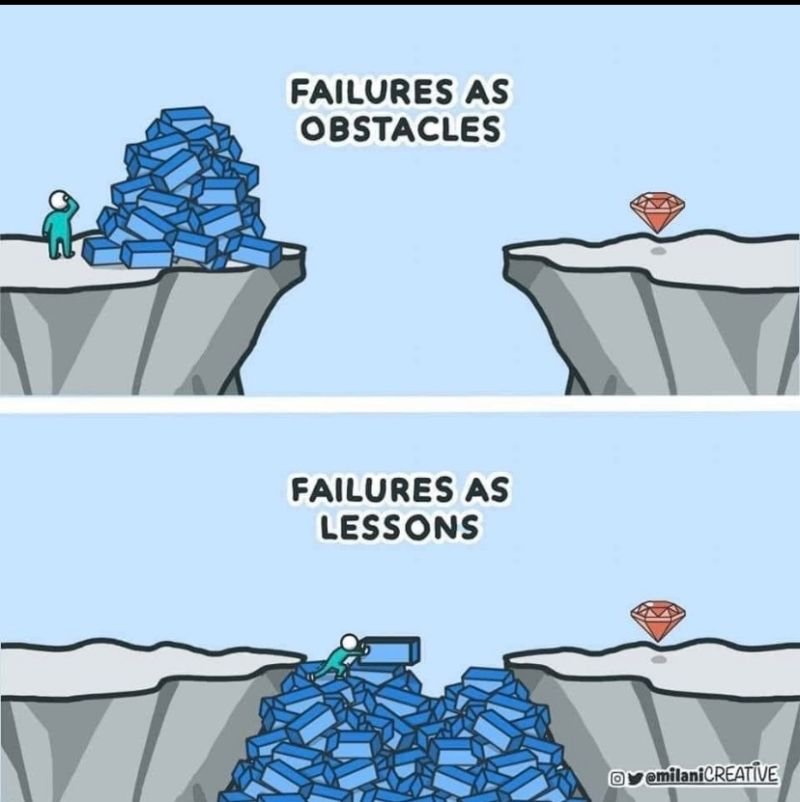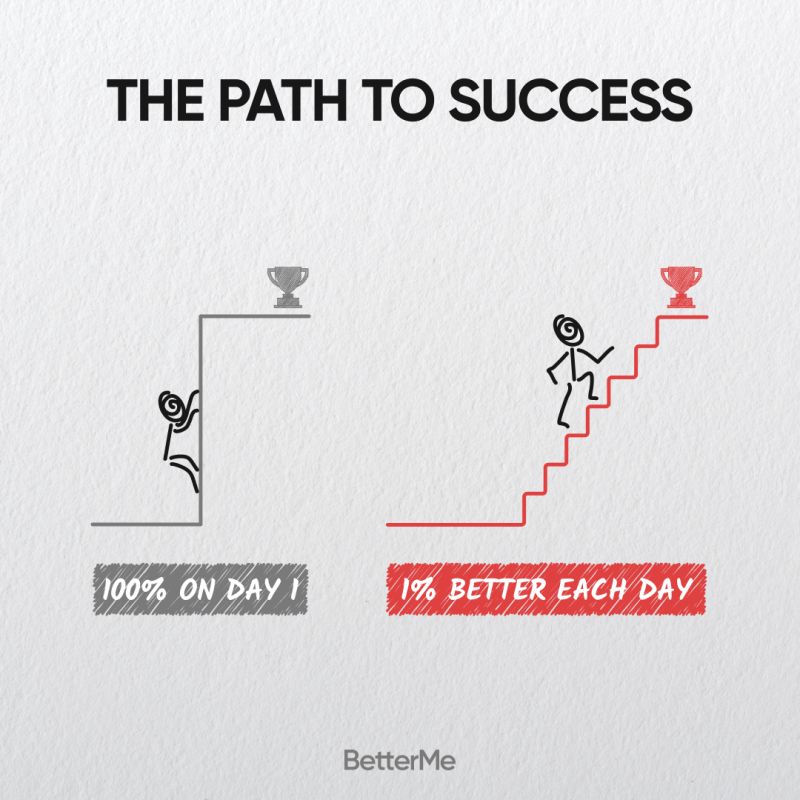7 Mistakes Christian Leaders Make with Personal Growth (And How to Fix Them)
- Layne McDonald
- Oct 31, 2025
- 4 min read
Updated: Nov 6, 2025
Personal growth isn't optional for Christian leaders, it's essential. Yet many leaders unknowingly sabotage their own development, limiting not only their potential but also the impact of their entire ministry. Layne McDonald has observed these patterns throughout years of coaching and leadership development, and the consequences are always the same: stagnant ministries, burned-out leaders, and missed opportunities to advance God's kingdom.
The good news? These mistakes are completely fixable once you recognize them. Here are the seven most common personal growth mistakes Christian leaders make, along with practical solutions to transform your leadership journey.
Mistake #1: Treating Personal Growth Like a One-Time Event
Many Christian leaders approach personal development the same way they approach salvation, as a single moment rather than an ongoing process. They attend one conference, read one book, or complete one course and consider themselves "developed."
The Fix: Embrace continuous learning as a lifestyle. You can't teach what you don't know, and you can't lead where you don't go. Commit to growing inwardly through prayer and discipline, laterally through serving others, upwardly through humility and accountability, and downwardly through empowering others.
Set aside specific time each week for learning something new. Whether it's studying Scripture deeper, reading leadership books, or learning new ministry skills, make growth non-negotiable in your schedule.

Mistake #2: Confusing Natural Gifts with Preparedness
Gifted leaders often coast on their natural abilities instead of doing the hard work of preparation. While talent opens doors, it's preparation that keeps you effective long-term. The danger of personality-driven ministry is real, it leads to burnout and shallow impact.
The Fix: Combine your God-given gifts with disciplined preparation. If you're naturally charismatic, still prepare your sermons thoroughly. If you're a natural encourager, still study counseling principles. If you lead easily, still learn leadership theory and best practices.
Be transparent about the work behind your ministry. Share with your team how many hours you invest in study and preparation each week. This models the importance of preparation over raw talent.
Mistake #3: Neglecting the Foundation: God, Family, Ministry
When these priorities get out of order, everything suffers. Too many Christian leaders sacrifice family time on the altar of ministry, creating resentment at home and modeling unhealthy priorities to their congregation.
Billy Graham himself expressed regret about insufficient family time, saying "every day I was absent from my family is gone forever." Don't let ministry success become personal failure.
The Fix: Establish and protect clear boundaries around family time. Your family isn't competition for your ministry, they're part of your calling. A leader who fails at home while succeeding at church is ultimately failing in both places.
Schedule family time like you would any other important appointment. Turn off ministry-related communications during designated family periods. Model healthy work-life integration for your team and congregation.
Mistake #4: The Lone Ranger Leadership Style
Christian leaders often shoulder the entire burden of ministry, fearing that delegation means losing control or compromising quality. This approach creates bottlenecks, prevents others from growing, and guarantees leader burnout.
The Fix: Learn to discover, develop, and deploy the talents around you. The less you do yourself, the more you can accomplish collectively. Delegation isn't about surrendering control, it's about multiplying impact.

Start small. Identify tasks that others can handle with proper training and clear expectations. Provide resources, guidelines, and regular check-ins rather than trying to do everything yourself. Remember, empowering others creates buy-in and shared ownership of ministry outcomes.
Mistake #5: Building the Wrong Inner Circle
Your closest team members will determine where you and your ministry go. Leaders who fail to carefully select and nurture their inner circle limit their own growth potential and their ministry's effectiveness.
Jesus spent an entire night in prayer before selecting His disciples. That's how seriously He took leadership selection.
The Fix: Be slow and prayerful when choosing team members and leaders. Look for character over charisma, faithfulness over flashiness. Invest time in building relationships with loyal, trustworthy individuals rather than rushing to fill positions.
Create a process for leadership development that includes mentoring, accountability, and gradual responsibility increases. The quality of your team matters more than the quantity of your programs.
Mistake #6: Seeking Validation Instead of Wisdom
Pride can make leaders so convinced they're right that they use their communication skills to convince others rather than genuinely seek input. Additionally, surrounding yourself only with "yes people" prevents you from hearing valid critiques and alternative perspectives.
The Fix: Actively seek wisdom from multiple sources, especially those who might disagree with you. Create space for constructive criticism delivered respectfully and with accountability.
Before making major decisions, pause and gather input from trusted advisors. Don't just listen to what confirms your existing thoughts: seek out different perspectives. Sometimes the Spirit speaks through uncomfortable feedback.

Mistake #7: Neglecting Holistic Well-being
Spiritual growth doesn't happen in a vacuum. Physical health, financial stewardship, relational health, and emotional well-being all impact your spiritual effectiveness. Leaders who compartmentalize these areas eventually see deficits in one area undermine their authority in others.
The Fix: Recognize that physical health, financial stewardship, work-life balance, and social relationships are spiritual issues, not just practical ones. Address these areas intentionally as part of your spiritual development.
Create accountability systems for different areas of your life. Exercise regularly, manage finances biblically, maintain friendships outside ministry, and practice emotional health. This holistic approach creates sustainability in leadership and models integrated faith to your congregation.
Moving Forward with Intentional Growth
Personal growth isn't selfish: it's stewardship. God has entrusted you with leadership responsibility, and developing yourself maximizes your ability to serve His kingdom effectively. Layne McDonald emphasizes that leaders who invest in their own growth create a ripple effect that transforms entire organizations and communities.

Start by honestly assessing which of these seven mistakes you're currently making. Choose one area to focus on this month, create specific action steps, and find someone to hold you accountable for progress.
Remember, change is inevitable: but growth is optional. The choice is yours.
Ready to take your leadership growth seriously? Visit www.laynemcdonald.com for free leadership blogs, coaching videos, and resources designed specifically for Christian leaders like you. Explore our leadership coaching programs at www.laynemcdonald.com/coaching, dive into practical growth strategies in our blog section, or check out Layne McDonald's leadership books for deeper development. Don't let another day pass without investing in the leader God called you to become. #laynemcdonald

$50
Product Title
Product Details goes here with the simple product description and more information can be seen by clicking the see more button. Product Details goes here with the simple product description and more information can be seen by clicking the see more button

$50
Product Title
Product Details goes here with the simple product description and more information can be seen by clicking the see more button. Product Details goes here with the simple product description and more information can be seen by clicking the see more button.

$50
Product Title
Product Details goes here with the simple product description and more information can be seen by clicking the see more button. Product Details goes here with the simple product description and more information can be seen by clicking the see more button.
Comments